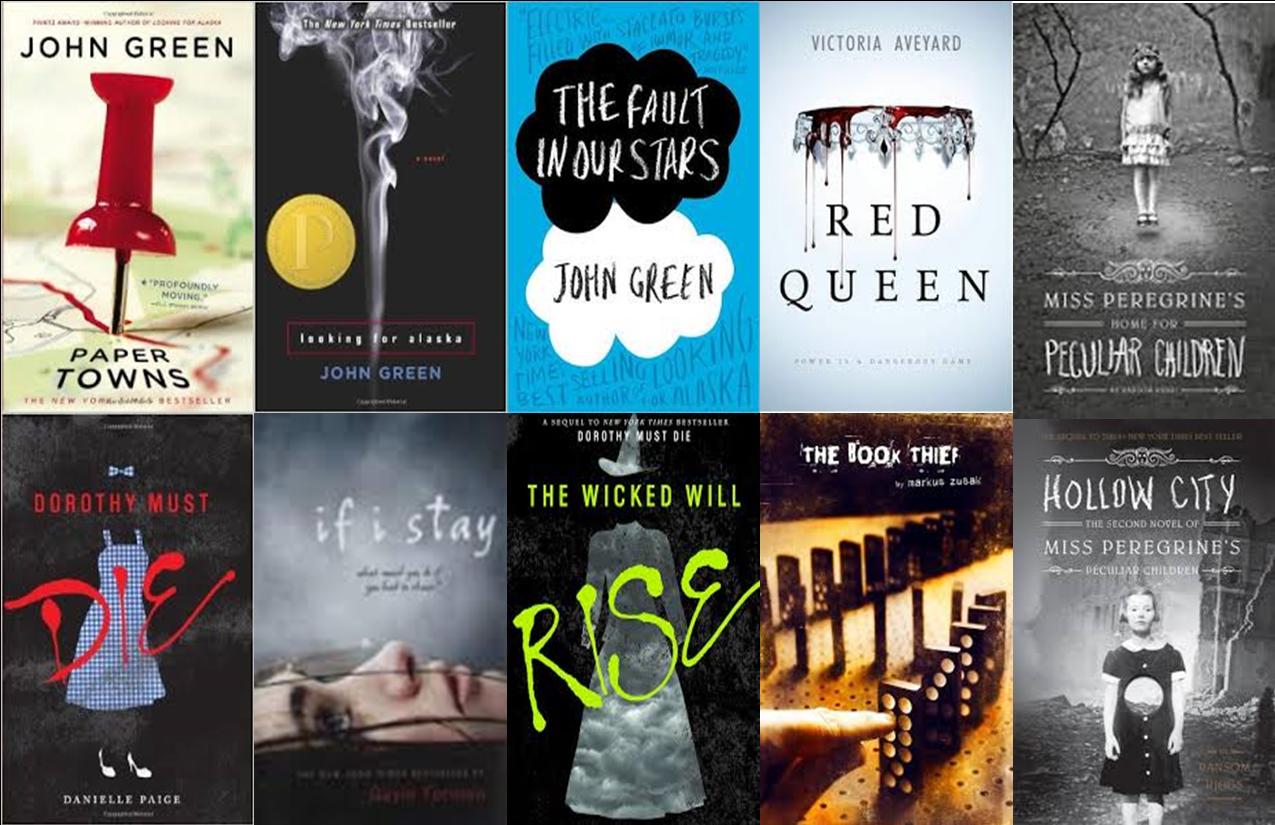I’ve always loved fiction, especially young adult fiction, and the circulation, delivery, and spreadability of young adult fiction has changed especially with the digital revolution.
“Why Media Spreads” talks about the spreadability of media with technology and how the circulation of said media has changed, as Vivian mentioned, to a “top down bottom up” instead of past ways in which media was solely “controlled by commercial interests producing and selling it (Jenkins et al). A lot of times young adult fiction is circulated through the “bottom up” circulation (which I understand much more after Kes’s post) because it involves little to no commercial interest. Through websites like goodreads are able to circulate young adult books by reviewing them and often avid readers will check out these sites in order to find their next big read and offers interactivity to its readers through a comment section. Social media is also a big influence on the circulation of young adult books. There are also the traditional commercial ways of book circulation which include book stores promoting hot new books with posters and ads.
The distribution of young adult fiction is different now, as Jordyn mentioned in her post, because there are so many ways to buy and read books with digital devices. Someone who prefers a printed copy of the book can buy it in a store or online. With digital devices there is also the option of reading on the devices through a reading app or online. We did this last year in my AP Literature class where we read one of the works online through our Ipads.
Jordyn mentions in her post how “Why Media Spreads” talks about the “stickiness” of spreadability; how the text is being circulated to engage a larger audience (Jenkins et al). Young adult books, like most books are promoted for commercial reasons like the stores doing so, or not like with sites like goodreads. Jenkins talked about how some websites will block you in with ads, “sticking” you there in order to get you to buy their product. This happens often on book store websites or Amazon where when your looking for something else ads for the newest releases will come out or books inspired by your browsing history.
Word Count: 376
Jenkins, Henry et al. “Why Media Spreads.” Spreadable Media: Creating Value and Meaning in a Networked Culture. New York University Press, 2018.
